Guatemala: Election Landslide
A candidate running on an anti-corruption platform unexpectedly overtook the former first lady.
The history of Maryknoll in Latin America is rich and deep. Our commitment to the promotion of social justice and peace in the region cost several of our missioners their lives during the years of oppression, including Fr. Bill Woods, MM in Guatemala (1976), and Sisters Ita Ford, MM, Maura Clarke, MM and Carla Piete, MM in El Salvador in 1980. Some, like Fr. Miguel D’Escoto in Nicaragua, have served in public roles in support of those who live in poverty. Countless others have accompanied the Central American people in their daily struggles for survival, for social justice, for an end to the violence that destroys their communities; for new life.
Among the particular concerns of Maryknoll in Latin America are poverty, its causes and consequences; migration and refugees; health care, especially holistic care that includes good nutrition and preventative care; access to essential medicines for treatable or curable illness; HIV and AIDS; the rights and dignity of women and children; the response of authorities to the growth in gang violence; mining concessions; just trade agreements; debt cancellation; small and subsistence farming and other work accessible to people who are poor; and environmental destruction.

A candidate running on an anti-corruption platform unexpectedly overtook the former first lady.
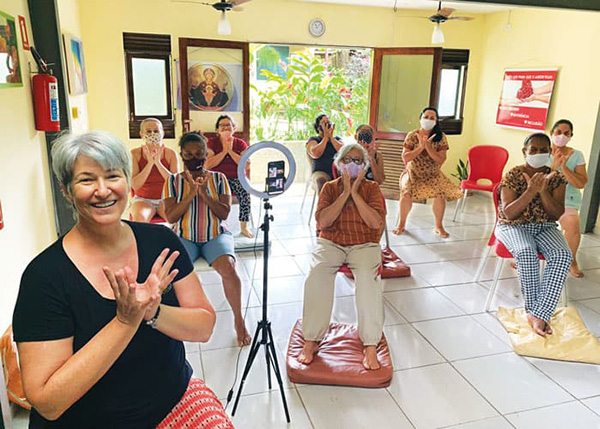
Maryknoll Lay Missioner Kathy Bond sees Jesus’ outstretched hand in the work of the Welcome House, São Paulo, Brazil.

In a letter co-signed by 19 Catholic groups, Maryknoll Office for Global Concerns brought to the Secretary of State Antony Blinken’s attention the proposals by the Catholic Church sponsored Panamazonian Ecclesial Network (REPAM) in advance of the Summit of the Amazon Cooperation Treaty Organization (ACTO)
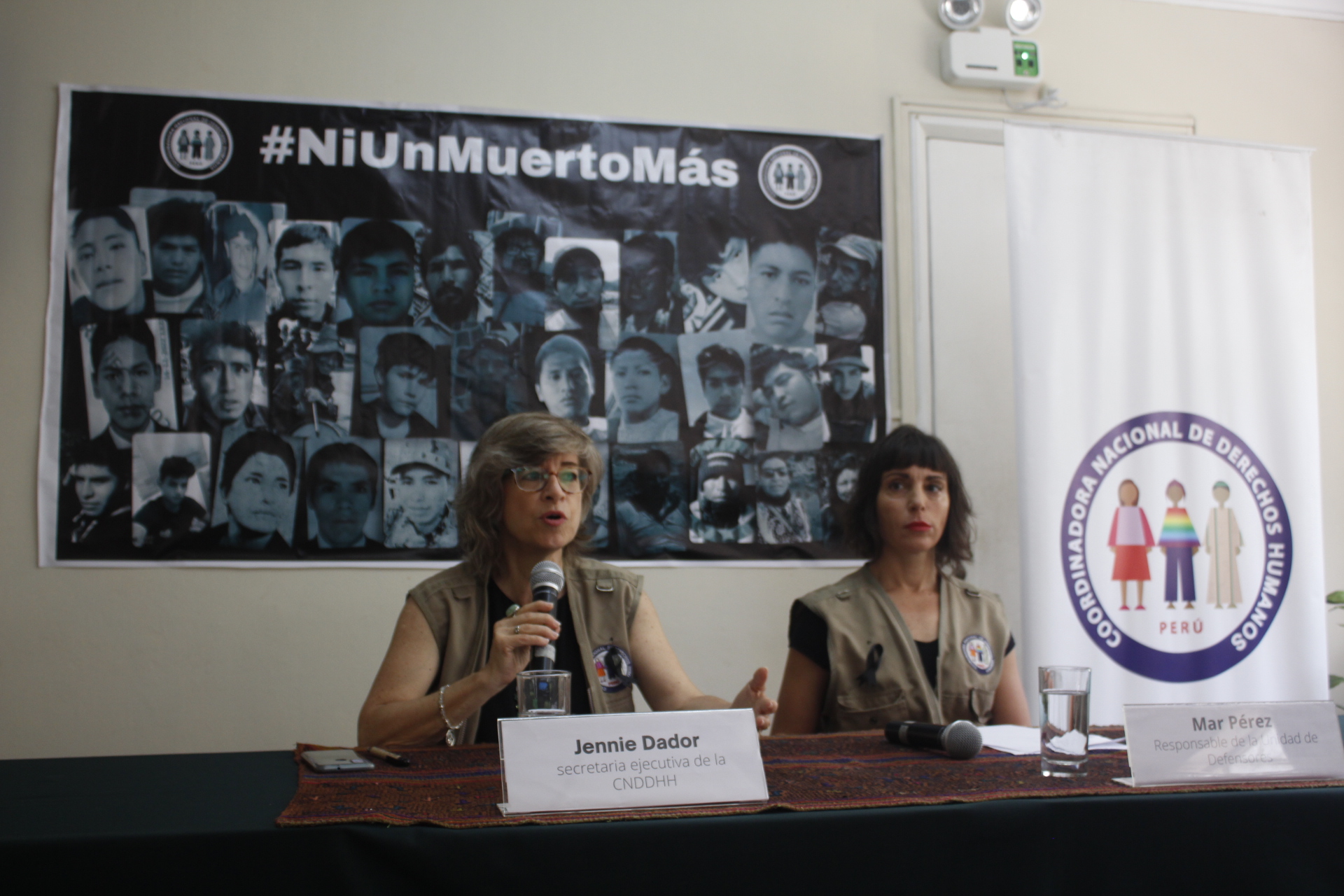
Given the closeness of the U.S. relationship with Peru and the Biden Administration’s dedication to protecting human rights and bolstering democracy in the Americas and globally, we urge the State Department to support Peru’s democratic resilience.
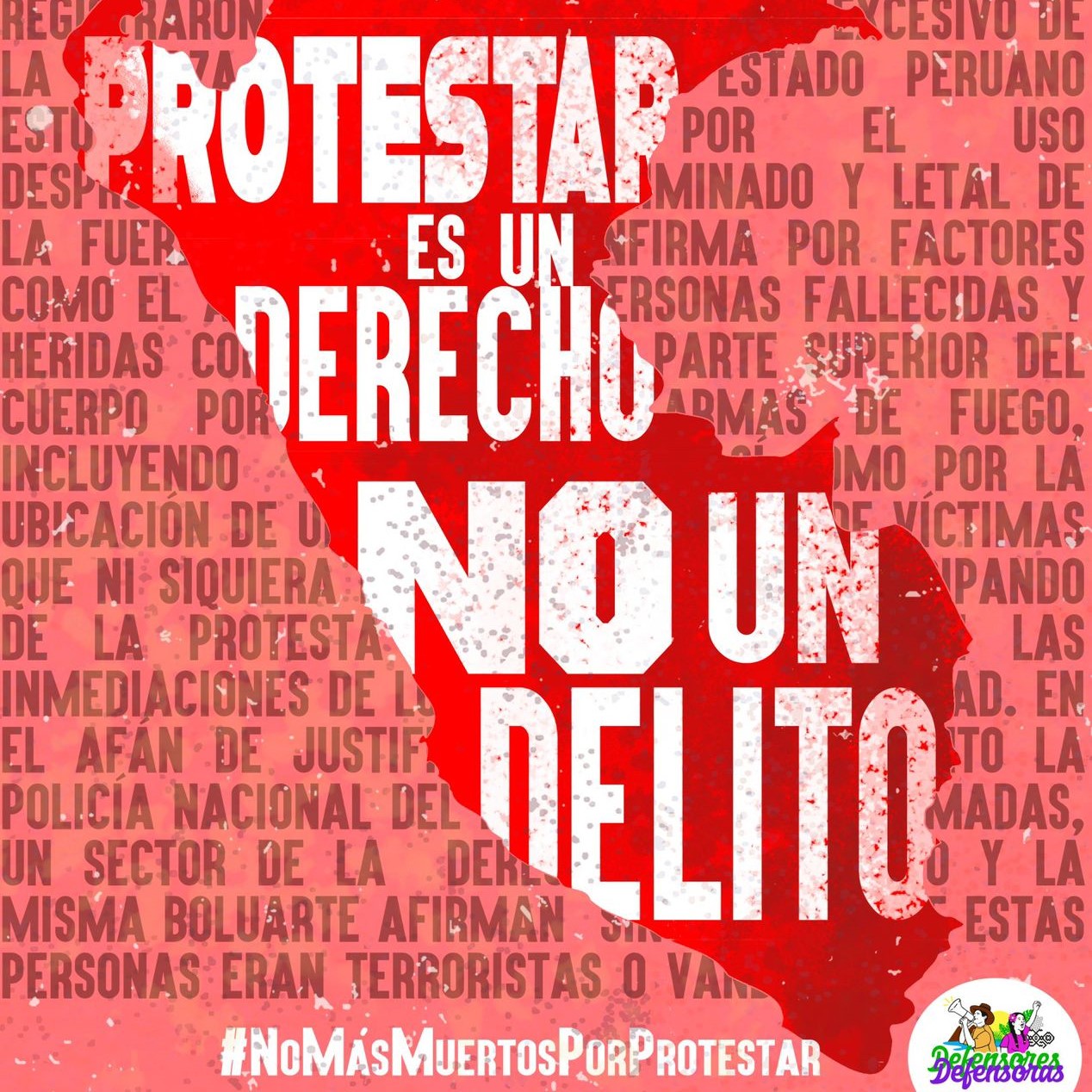
Maryknoll joined ten other faith groups in a letter to the U.S. Ambassador to Peru requesting the Ambassador’s support for the human rights of government protestors.
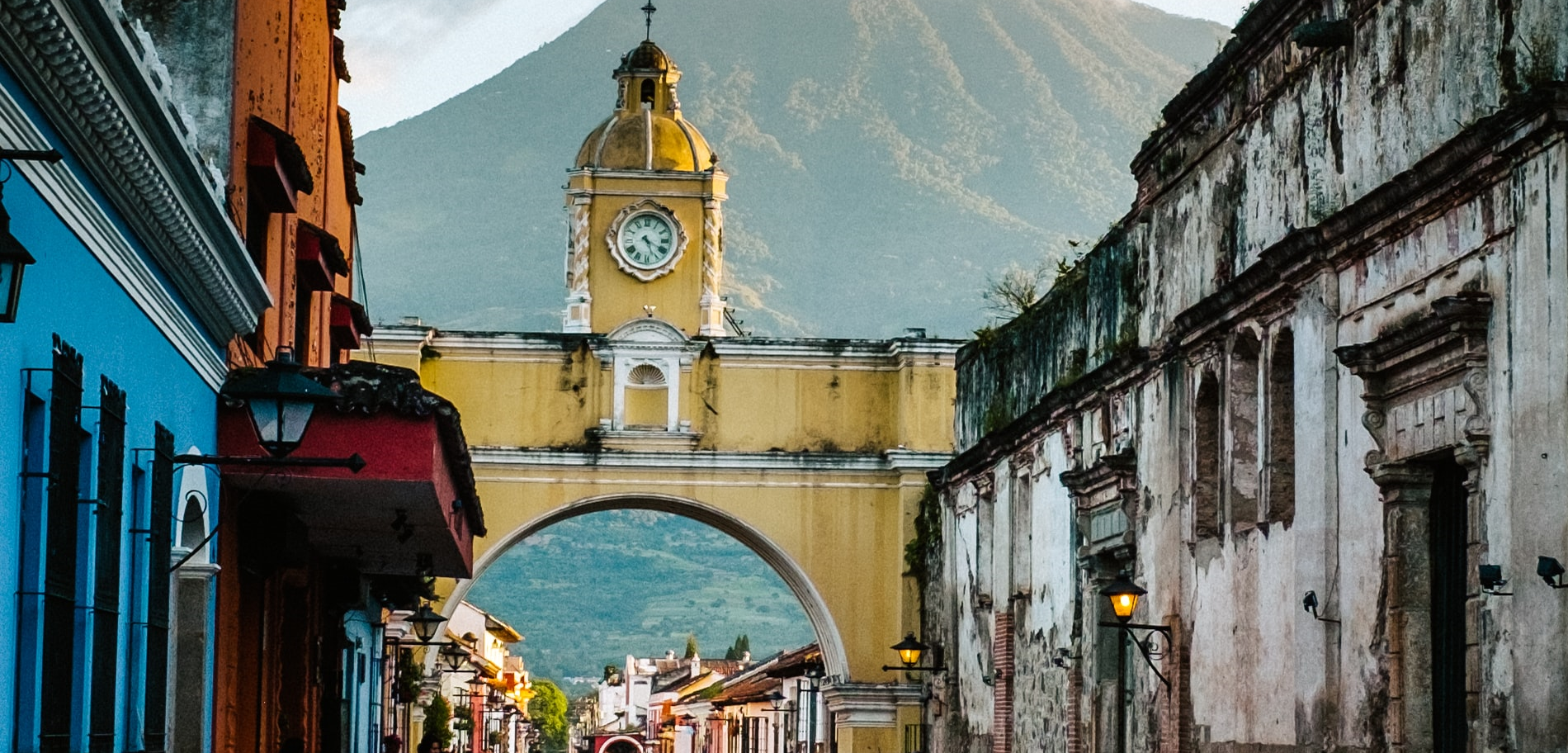
Fr. Gene Toland, MM, reflects on the parable of the mustard seed and yeast.

Join us in urging President Biden and Congress to condemn interference and call on the Guatemalan government to respect the will of voters, ensure the participation of Semilla in the August elections, and transfer power to the winner on January 14 without further hindrance.
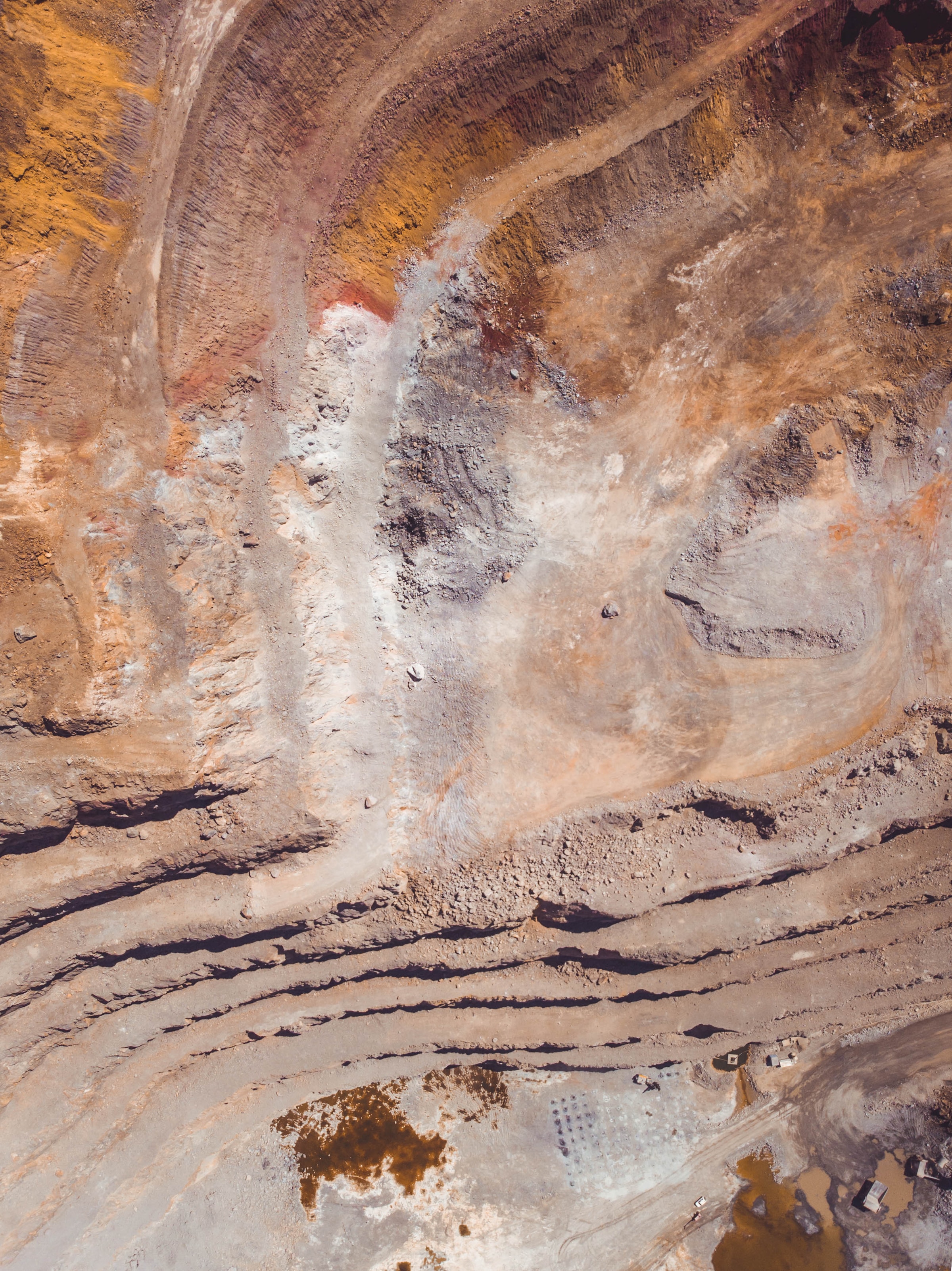
REMAM has urged Panama’s National Assembly to reject a deal with a Canadian copper company’s subsidiary.
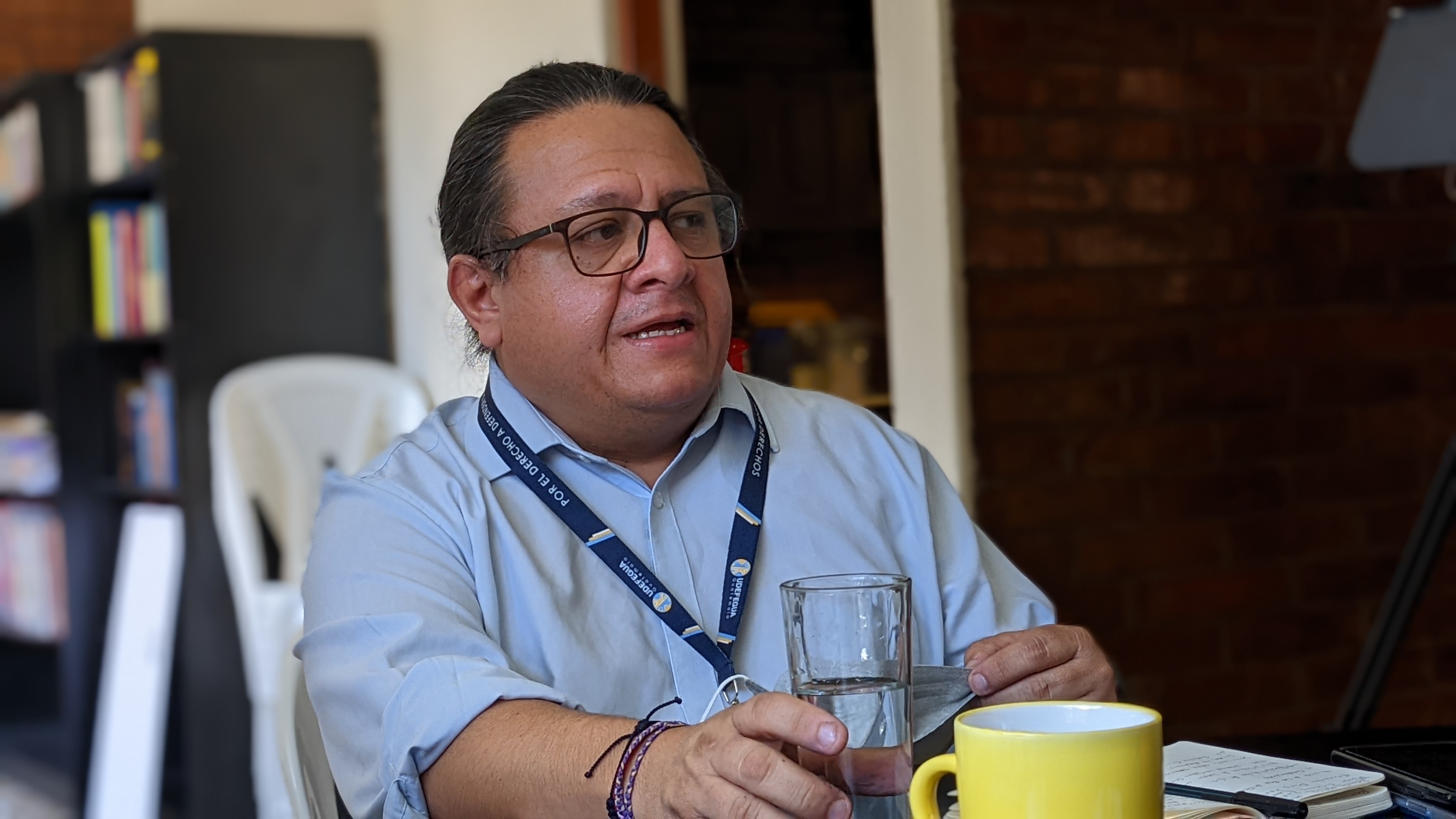
Guatemala currently faces rampant corruption and attacks on free speech and human rights. We stand in solidarity with those engulfed in the maelstrom, particularly Jorge Santos, director of the Unit for the Protection of Rights Defenders in Guatemala.

Maryknoll Office for Global Concerns joined 32 other religious and humanitarian groups in calling on the White House for a Root Causes Initiative that uses diplomacy to “combat corruption, promote respect for human rights, worker rights, and the rule of law, and encourage inclusive governance.”
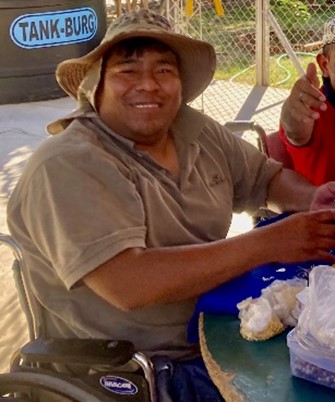
Maryknoll Lay Missioner Louise Locke ponders on reasons for hope while working at the men’s shelter in Cochabamba, Bolivia.
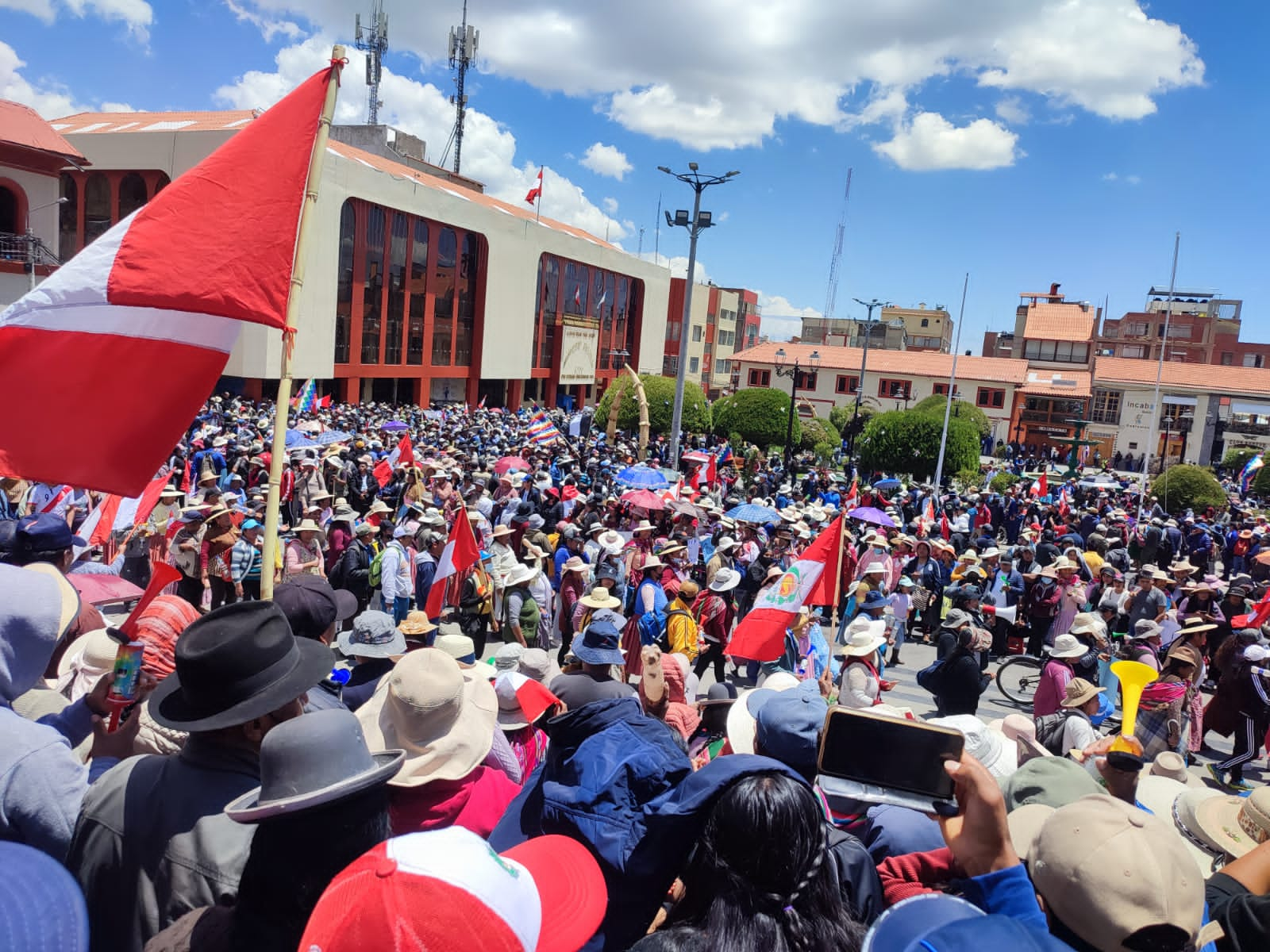
Over 400 Christians in Peru signed an open letter in March 2023, to express their respect and support for the Aymara, Uro and Quechua peoples marching in defense of democracy and human rights.
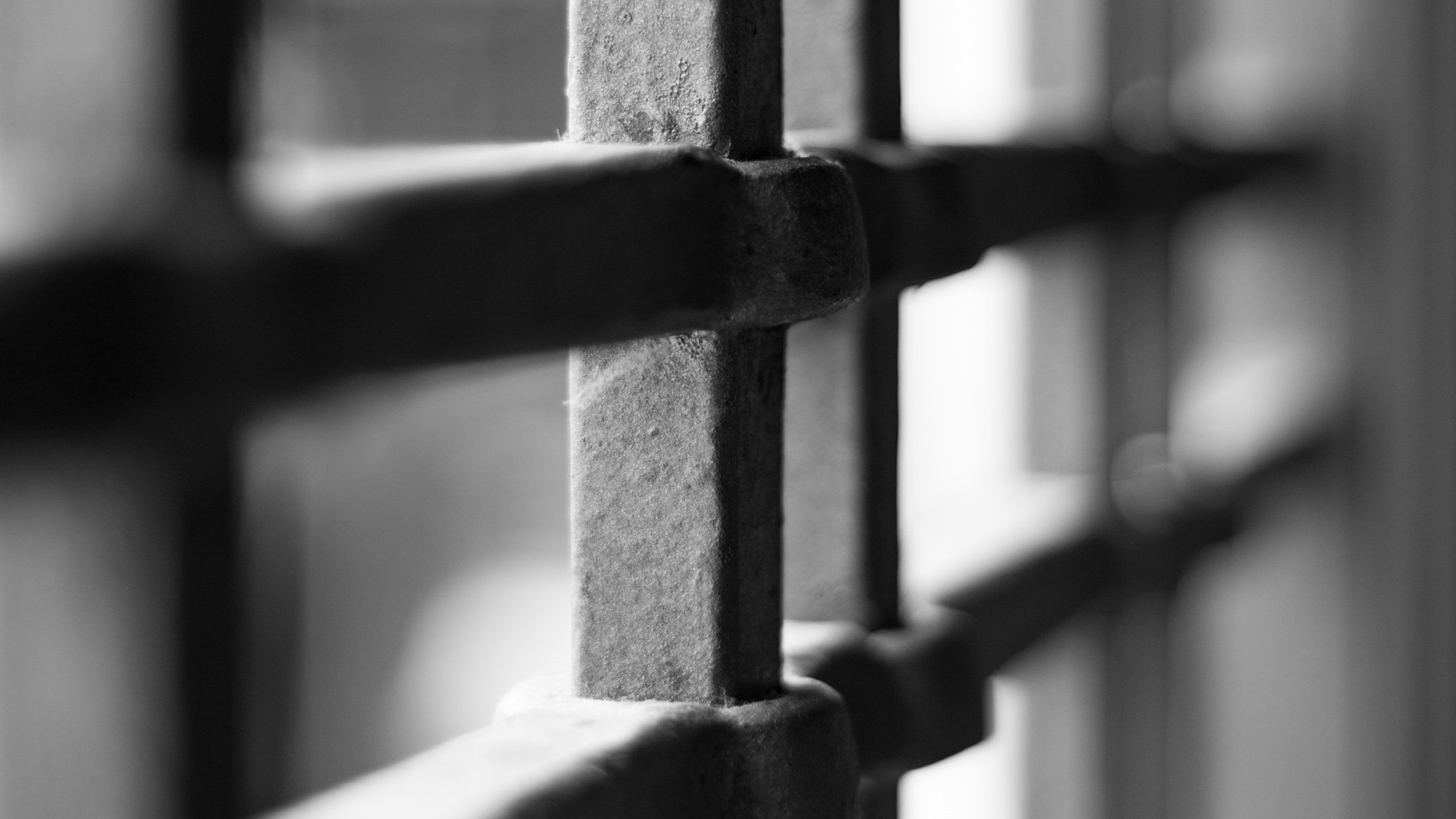
The cardinal of San Salvador and families of the detained speak out for the thousands jailed during the suspension of civil rights in El Salvador.
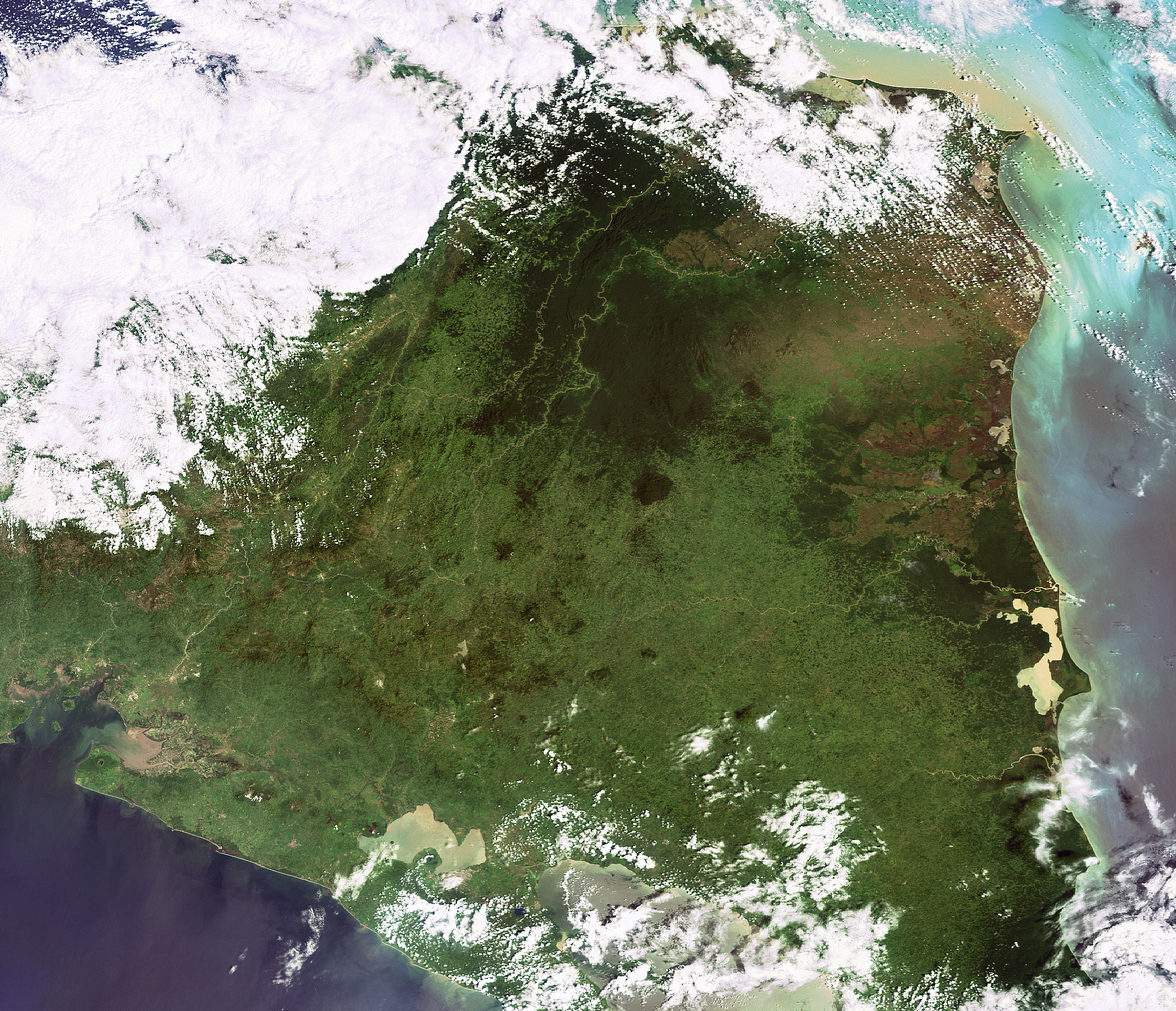
Maryknoll Office for Global Concerns was among the 120 national and local faith-based organizations to cal on President Biden to redesignate TPS for Nicaragua.
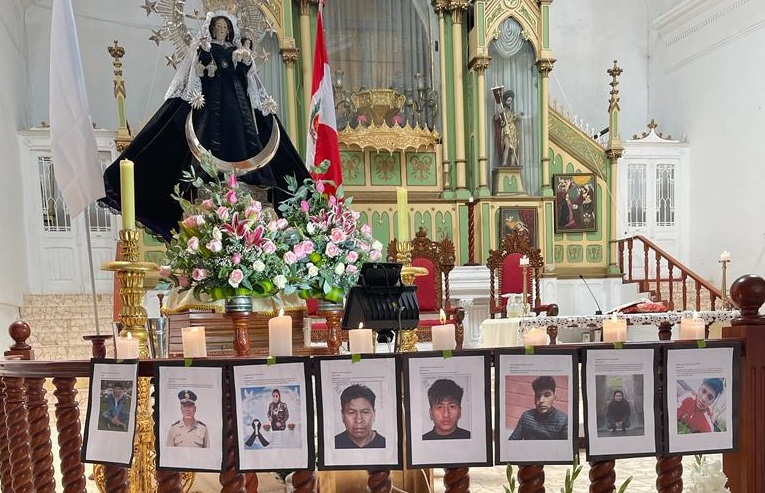
Write to express concern regarding the disproportionate and exaggerated response police unleashed upon protesters in Peru since the December coup attempt.

meet with Indigenous Leaders from Bolivia, Brazil and Peru
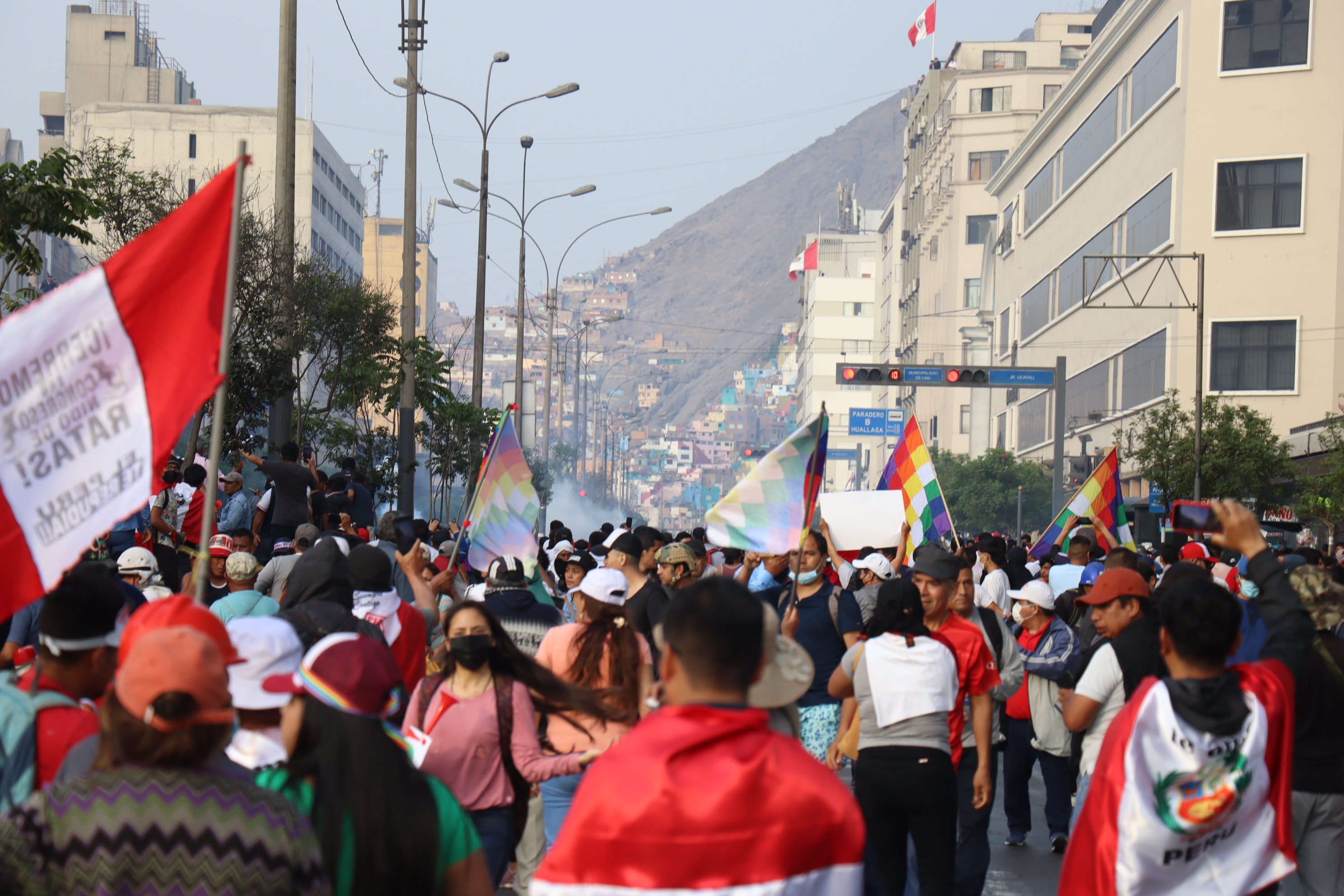
We are writing to express our solidarity with you and your struggle and to tell you that as Christians we recognize the great example you are setting for the whole country with your marches in defense of true democracy and human rights; you are exemplary citizens and we demand that you be respected as such.

The fact that these migrants – many of them reportedly from Venezuela – were forced to wait in Mexico while on their migration journey to the U.S. border is the United States’ shame.